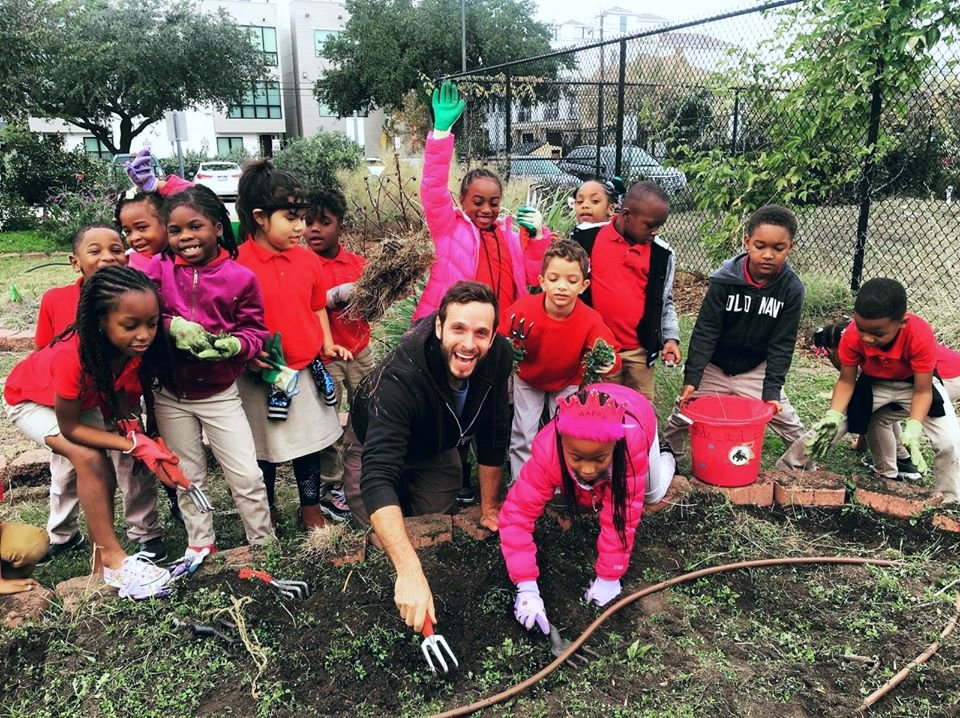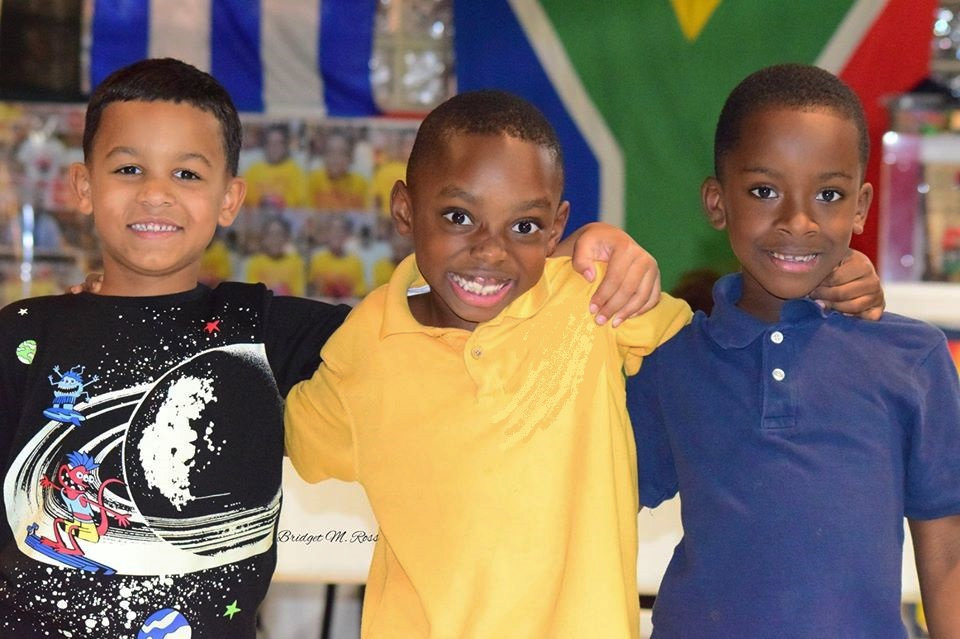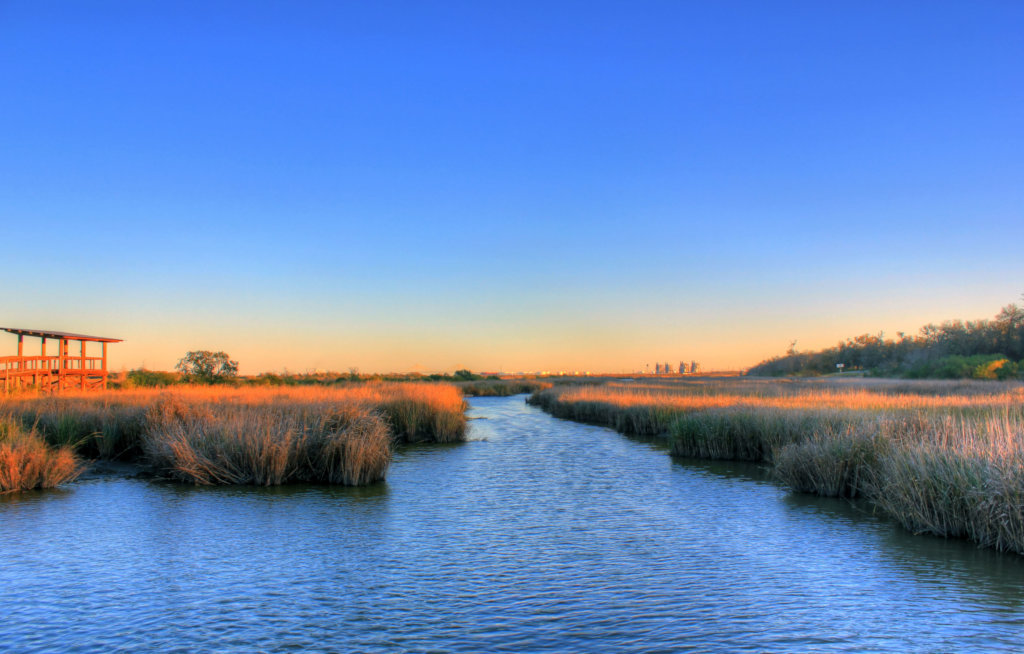By Chase Williams | Program Officer
Since the launch of our Hurricane Harvey Relief Fund immediately following the 2017 storm that took the lives of at least 68 people and altered life for millions more in Texas and along the Gulf Coast, you have made a difference.
In response to one of the costliest storms in United States history, you and 31,000 people and companies joined together to prove the power of generosity and our ability to make a positive impact in the world. Tragically, Hurricane Harvey was just one on a long list of devastating hurricanes to strike the U.S. recently as the climate crisis drives more extreme, more frequent weather events. But after more than three years, we have collectively raised $5.3 million to fuel immediate relief, long-term recovery, and resilience in Texas.
Thank you for making that possible and supporting our close partnerships with community leaders and trusted nonprofit partners based in Texas. More than 35 local, vetted nonprofit organizations have received grants from the Hurricane Harvey Relief Fund to continue serving families grappling with the impacts of Hurricane Harvey that remain to this day.
As we now close our Hurricane Harvey Relief Fund, I’d like to share five incredible highlights that are a direct result of your generosity:
Though we are closing this fund, our nonprofit partners in Texas remain hard at work. They need your support to continue the long journey to full recovery, especially given the compounding effects of the COVID-19 pandemic. If you are able, please consider supporting a local organization in Houston like the S.H.A.P.E. Community Center, Urban Harvest, or Target Hunger.
From everyone at GlobalGiving, thank you for supporting our partners’ important efforts for the past three years. Your generosity has been critical to community-led disaster recovery in Texas.
With immense gratitude,
Chase + the GlobalGiving Team
By Chase Willams | Program Officer
By Chase Williams | Project Officer
Project reports on GlobalGiving are posted directly to globalgiving.org by Project Leaders as they are completed, generally every 3-4 months. To protect the integrity of these documents, GlobalGiving does not alter them; therefore you may find some language or formatting issues.
If you donate to this project or have donated to this project, you can receive an email when this project posts a report. You can also subscribe for reports without donating.
When a disaster strikes, recovery efforts led by people who live and work in affected communities are often overlooked and underfunded. GlobalGiving is changing this reality. Since 2004, we've been shifting decision-making power to crises-affected communities through trust-based grantmaking and support.
We make it easy, quick, and safe to support people on the ground who understand needs in their communities better than anyone else.
They were there long before the news cameras arrived, and they’ll be there long after the cameras leave. They know how to make their communities more resilient to future disasters, and they’re already hard at work. GlobalGiving puts donations and grants directly into their hands. Because the status quo—which gives the vast majority of funding to a few large organizations—doesn’t make sense.
Questions about this project? Contact us


